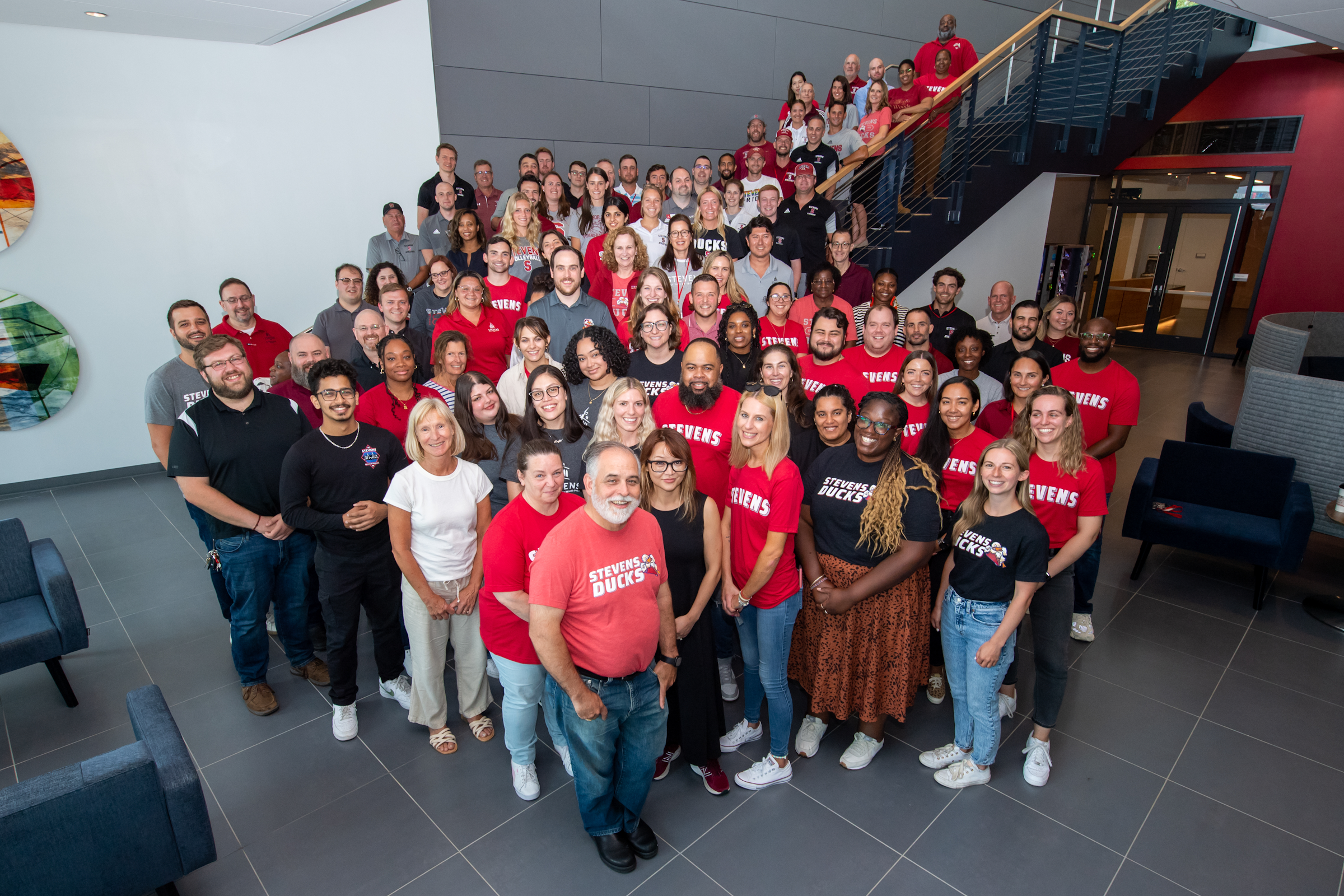
Student Affairs
Office of Student Affairs Staff
SARA KLEIN, PH.D.
Vice President for Student Affairs
sklein@stevens.edu
Dr. Klein's Biography
TAKEEM L. DEAN, ED.D.
Assistant Vice President for Student Affairs
tdean@stevens.edu
KENNETH NILSEN
Dean of Students
knilsen@stevens.edu
STACY FISHER, ED.D.
Director of Community Standards and Title IX Coordinator
sflowers@stevens.edu
CHRIS SHEMANSKI
Director of the First-Year Experience
cshemans@stevens.edu
ANDY GONZALEZ
Student Affairs Financial Analyst
agonza10@stevens.edu
ASHLEY CHILLAR
Associate Director for Student Affairs Operations
amartins@stevens.edu
GABRIELLA AURIEMMA
Executive Assistant
gauriemm@stevens.edu
CAROLYN WEIRICK
Parent & Family Relations Coordinator
cweirick2@stevens.edu
Student Affairs Offices
Contact Us!
1 Castle Point Terrace
University Center Complex, 2nd floor
Hoboken, NJ 07030
p. 201-216-5699
e. studentaffairs@stevens.edu
@StevensStudents








